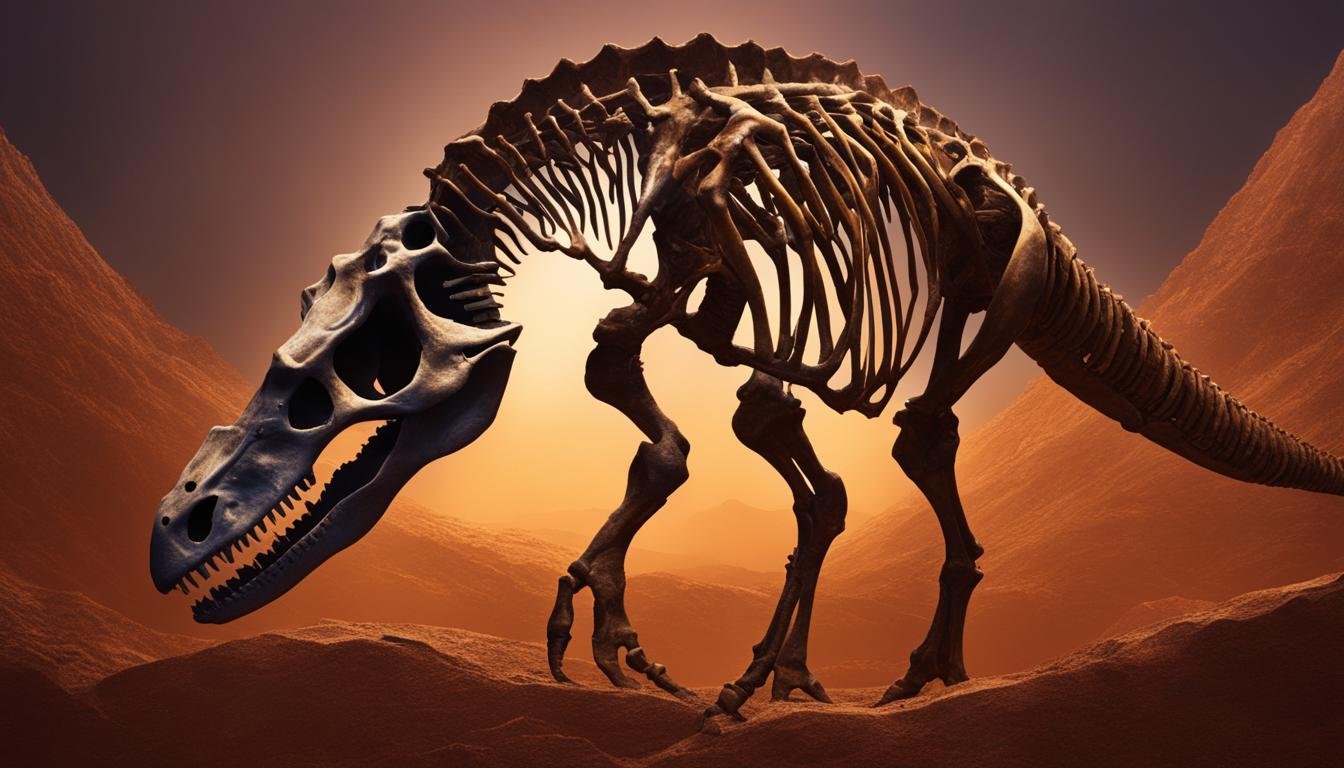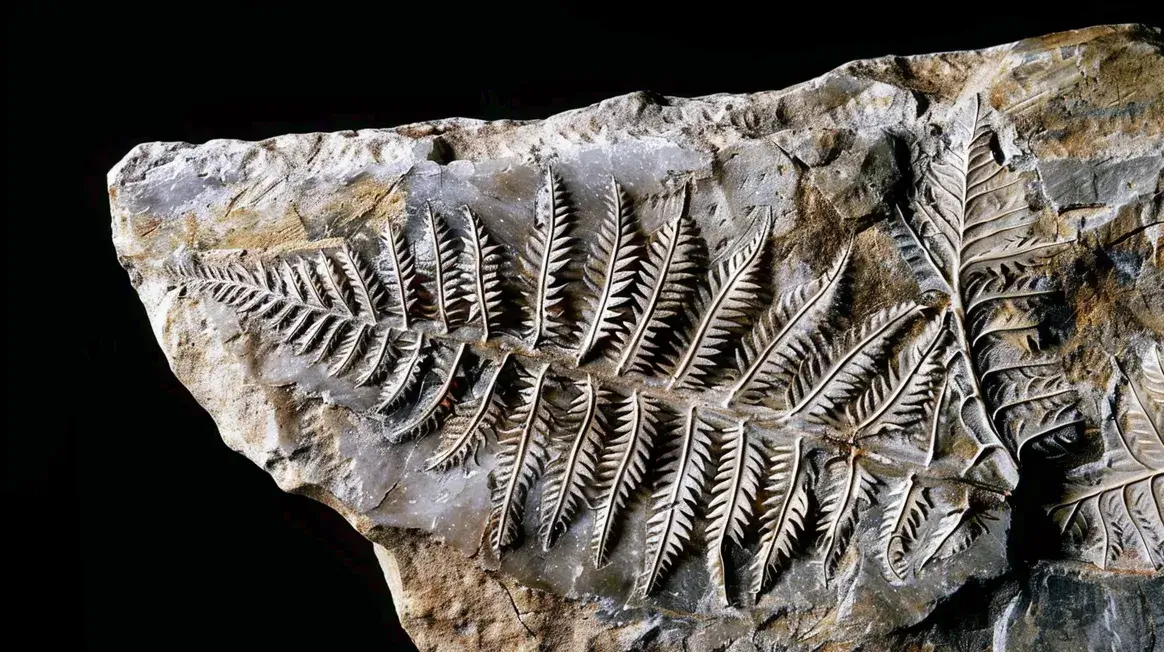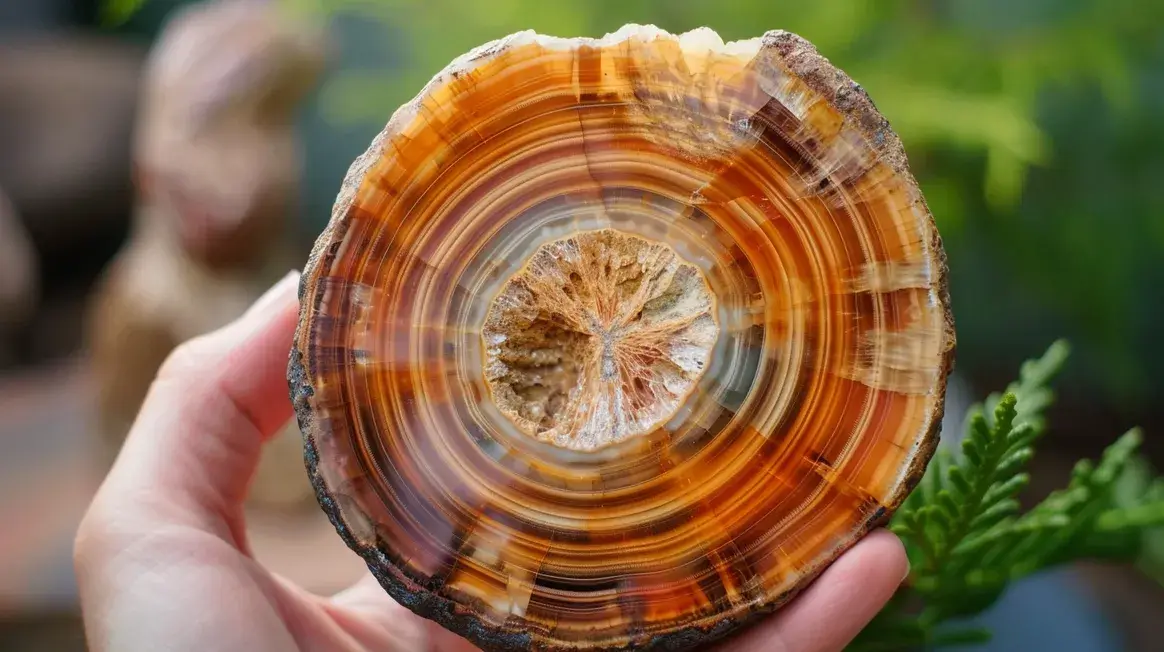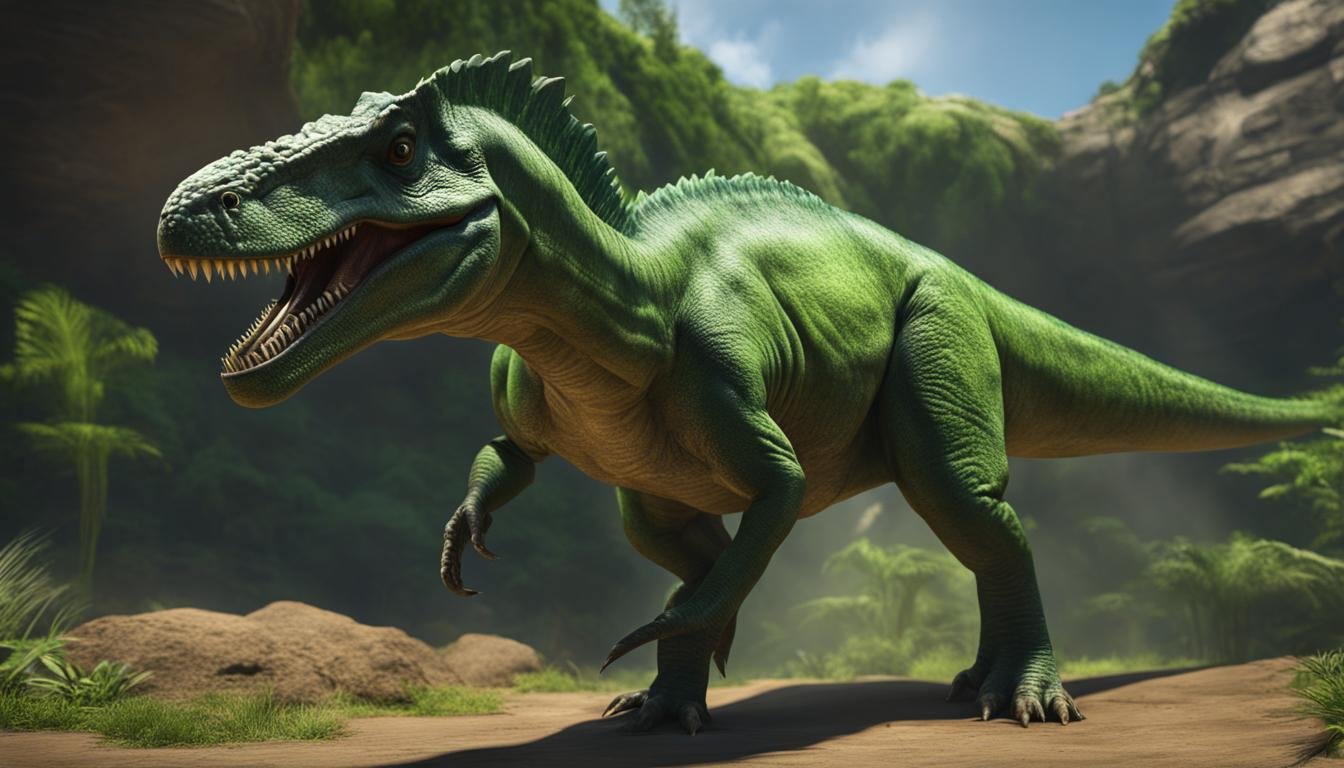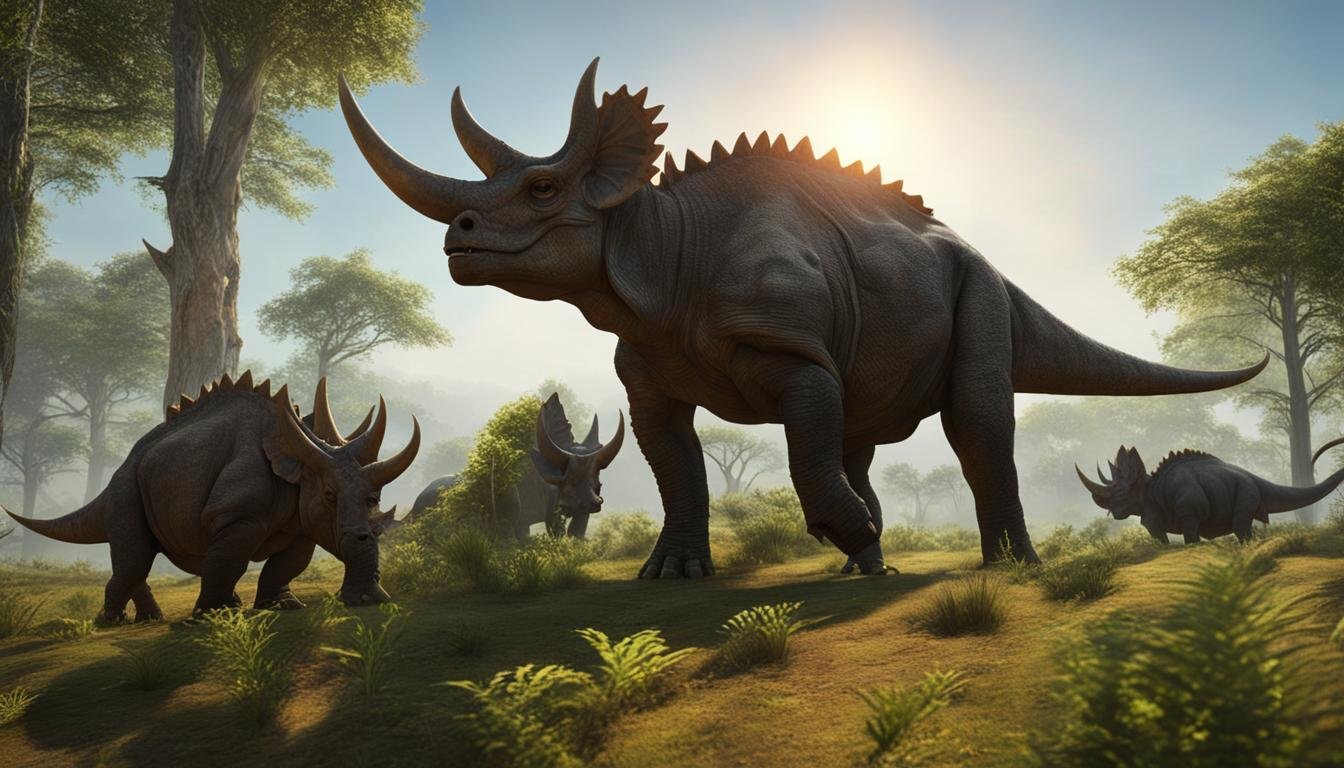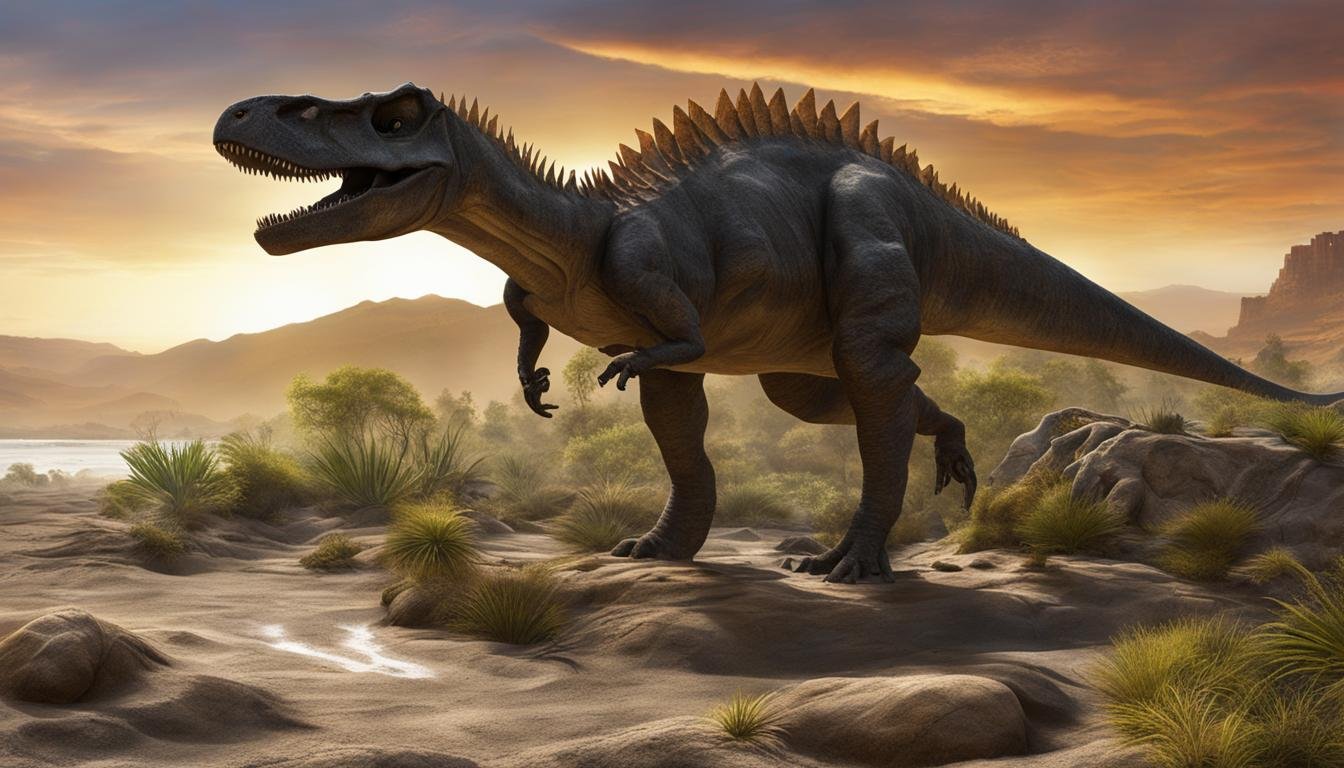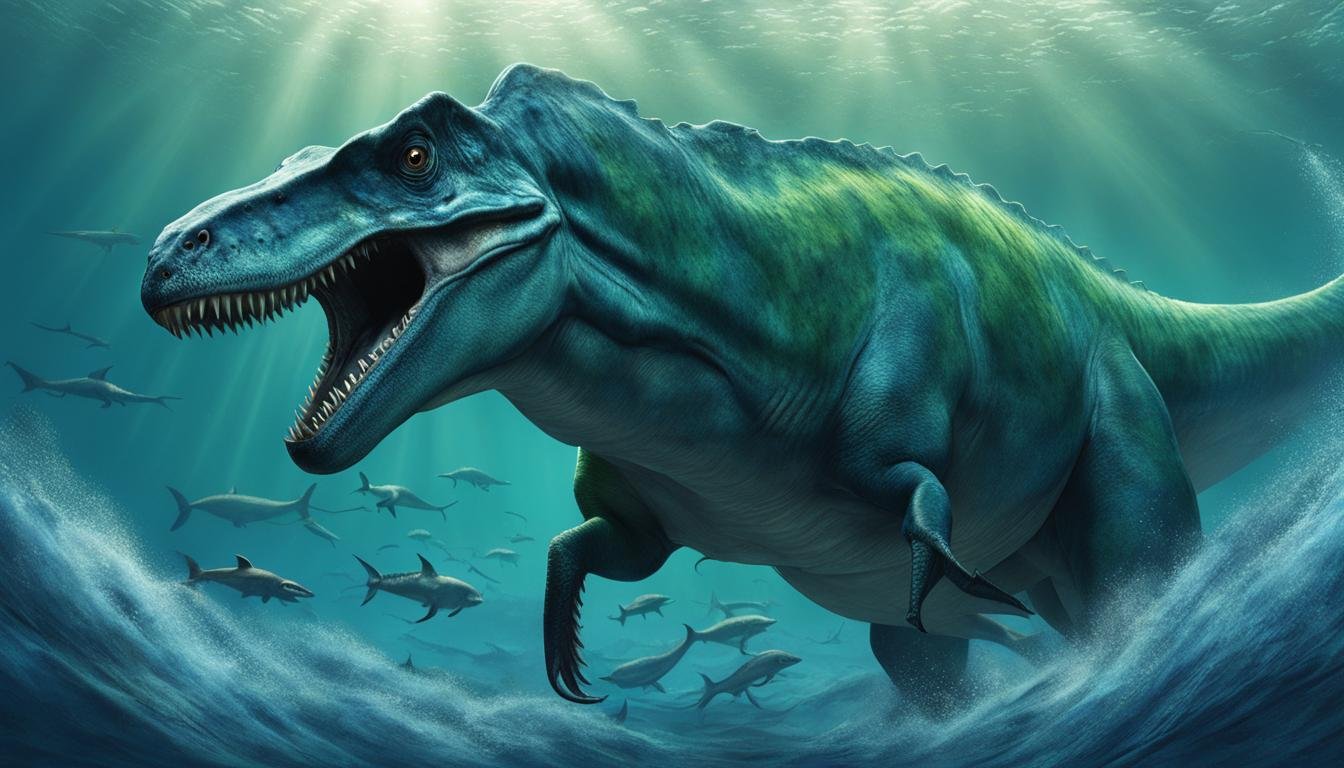Genetics played a significant role in the evolution of dinosaurs. According to Charles Darwin’s theory of natural selection, species that were better adapted to their environment had a greater chance of survival. This led to the diversity of species and their genomes. The evolution of dinosaurs from primitive reptiles known as Archosaurs was influenced by genetic mutations. These mutations, which occurred over generations, brought about beneficial changes in the DNA sequences and led to the birth and evolution of dinosaurs.
| Main Point | Description |
|---|---|
| Genetic Mutations and Evolution | Dinosaurs underwent evolution through genetic mutations that occurred over generations. |
| Role of Natural Selection | Natural selection was a key factor in determining the survival and adaptation of dinosaur species. |
| Genetic Basis of Evolution | The evolution of dinosaurs was shaped by beneficial genes and the process of sexual reproduction. |
| DNA and Gene Expression | Insights into the development and adaptations of dinosaurs were provided by studying DNA and gene expression. |
| Fictional Aspect of Genetic Alterations | The idea of genetically altering dinosaurs for breeding control remains largely within the realm of fiction. |
The Genetic Basis of Dinosaur Evolution
The evolutionary role of genes in dinosaurs played a crucial part in their development and adaptation over time. Genetic factors were responsible for shaping the unique characteristics and features that we associate with dinosaurs today. Through the passing on of beneficial genes from generation to generation, dinosaurs were able to thrive and diversify in their environments.
One key factor in dinosaur evolution was the genetic variability introduced through sexual reproduction. This process allowed for the creation of offspring with different genetic combinations, increasing the chances of beneficial traits emerging and being passed on. Over millions of years, these genetic changes and variations resulted in the formation of new dinosaur species with distinct attributes.
Examining the dinosaur genome provides valuable insights into their evolutionary history. By studying the DNA sequences of dinosaurs, scientists can gain a better understanding of the genetic makeup that influenced their development. This knowledge helps us piece together the puzzle of how dinosaurs evolved and how different genetic alterations led to the emergence of various species.
“The genetic basis of dinosaur evolution demonstrates the power of genes in shaping the natural world. Through countless genetic mutations and the intricate process of sexual reproduction, dinosaurs were able to adapt and survive, ultimately leaving behind a remarkable legacy.”
The Genetic Basis of Dinosaur Evolution
| Genetic Factors | Impact on Evolution |
|---|---|
| Beneficial Genes | Allowed for adaptation and thriving in environments |
| Sexual Reproduction | Introduced genetic variability and facilitated the evolution of new species |
| DNA Sequences | Provided insights into the genetic makeup and evolutionary history of dinosaurs |
| Genetic Mutations | Resulted in genetic alterations and the emergence of diverse dinosaur species |
In conclusion, the genetic basis of dinosaur evolution highlights the significant role that genes played in shaping these ancient creatures. By studying their genetics, scientists can unravel the mysteries of the past and gain a deeper understanding of the evolutionary processes that led to the diversity of dinosaur species.
DNA and Dinosaur Evolution
As scientists delve deeper into the study of genetics, they have made significant strides in understanding the role of DNA in dinosaur evolution. Through the discovery of DNA in dinosaurs, researchers have gained valuable insights into their genetic makeup and how it contributed to their evolutionary history. This newfound knowledge has shed light on the development and growth of these ancient creatures and provided a better understanding of their unique features and adaptations.
One important aspect of dinosaur evolution that DNA analysis has revealed is the concept of gene expression. Gene expression refers to the process by which genes are activated and produce proteins, ultimately influencing an organism’s traits and characteristics. As researchers study the DNA sequences of dinosaurs, they can identify patterns of gene expression that may have led to the development of specialized features and adaptations. For example, changes in the expression of certain genes may have contributed to the evolution of the long neck of sauropod dinosaurs or the sharp teeth of theropods.
“By examining the DNA sequences, researchers gained insights into the development and growth of dinosaurs.”
Furthermore, the study of DNA in dinosaurs has provided clues about their development and the underlying genetic processes. By comparing the genetic information of dinosaurs to their modern-day relatives, researchers can infer how dinosaurs grew from embryos to fully grown individuals. This knowledge helps paint a more complete picture of their life cycles and how they developed unique traits that enabled their survival in various environments.
In summary, DNA analysis has revolutionized our understanding of dinosaur evolution. By examining the genetic makeup of dinosaurs and studying gene expression patterns, researchers have gained valuable insights into their development, growth, and unique adaptations. The study of DNA in dinosaurs continues to uncover fascinating information about these ancient creatures and deepens our appreciation for the role that genetics played in their evolution.
Genetic Insights into Dinosaur Breeding
The study of genetics has offered valuable insights into the breeding patterns of dinosaurs. While the fictional depiction in Jurassic Park suggests genetic alterations were necessary to control dinosaur reproduction, in reality, it is unlikely that such modifications were required. The portrayal of broken eggshells outside the laboratory implies that dinosaurs were able to breed naturally, despite genetic manipulation attempts. This suggests that dinosaurs possessed the inherent genetic traits necessary for successful reproduction, and their breeding patterns were likely influenced by natural factors.
Researchers have analyzed the genetic makeup of dinosaurs to gain a better understanding of their reproductive capabilities. By studying their DNA, scientists have discovered that dinosaurs possessed a diverse range of genetic variations that allowed them to adapt to different environmental conditions. This genetic diversity would have played a crucial role in regulating breeding success and ensuring the survival of the species. The presence of beneficial genes, which are selected and passed down through generations, contributed to the robustness and resilience of the dinosaur population.
Genetic Alterations in Dinosaurs
While it is improbable that dinosaurs required genetic alterations for reproduction, genetic mutations did occur naturally and played a significant role in their evolutionary development. These mutations, which were random changes in DNA sequences, introduced genetic diversity and provided the raw material for natural selection to act upon. Over time, the accumulation of these mutations led to the emergence of new dinosaur species with distinct genetic characteristics.
“Genetic alterations in dinosaurs were primarily driven by natural processes, such as mutation and natural selection. These mechanisms allowed for the gradual changes and adaptations necessary for dinosaur evolution.” – Dr. Jane Davis, Paleontologist
It is important to note that the study of dinosaur genetics is still in its early stages, and many questions remain unanswered. However, the ongoing research in this field is providing valuable insights into the role of genetics in dinosaur reproduction and evolution. By unraveling the genetic mysteries of these ancient creatures, scientists are piecing together a more comprehensive understanding of their fascinating history.
| Genetic Insights into Dinosaur Breeding | Key Findings |
|---|---|
| Genetic Alterations | Genetic mutations in dinosaurs contributed to their evolutionary development and the emergence of new species. |
| Genetic Diversity | The presence of diverse genetic variations allowed dinosaurs to adapt to different environments and regulate breeding success. |
| Natural Selection | Natural selection acted upon the genetic variations in dinosaurs, shaping their reproductive capabilities. |
| Ongoing Research | Continued study of dinosaur genetics is shedding light on the role of genetics in their reproduction and evolution. |

While more research is needed to fully comprehend the intricate genetic mechanisms underlying dinosaur breeding, the current understanding suggests that genetics played a crucial role in their reproductive success and evolutionary development. By studying the genetic insights into dinosaur breeding, scientists are gaining a deeper understanding of these majestic creatures and unraveling the mysteries of their past.
Conclusion
Genetics played a significant role in the evolution of dinosaurs. Through genetic mutations, sexual reproduction, and gene expression, dinosaurs were able to adapt and thrive in their environments. These genetic factors shaped their development and contributed to the diversity of dinosaur species.
By studying genetics, scientists gain valuable insights into the evolutionary history of dinosaurs. DNA analysis allows researchers to examine the genetic makeup of dinosaurs and understand the genetic basis of their unique features. Gene expression patterns help reveal how genes are activated and contribute to the development of specialized adaptations in dinosaurs.
Understanding the role of genetics in dinosaur evolution is crucial for unraveling the mysteries of the past. By delving deeper into the genetic factors that influenced dinosaur development, scientists can continue to uncover fascinating details about these ancient giants.

